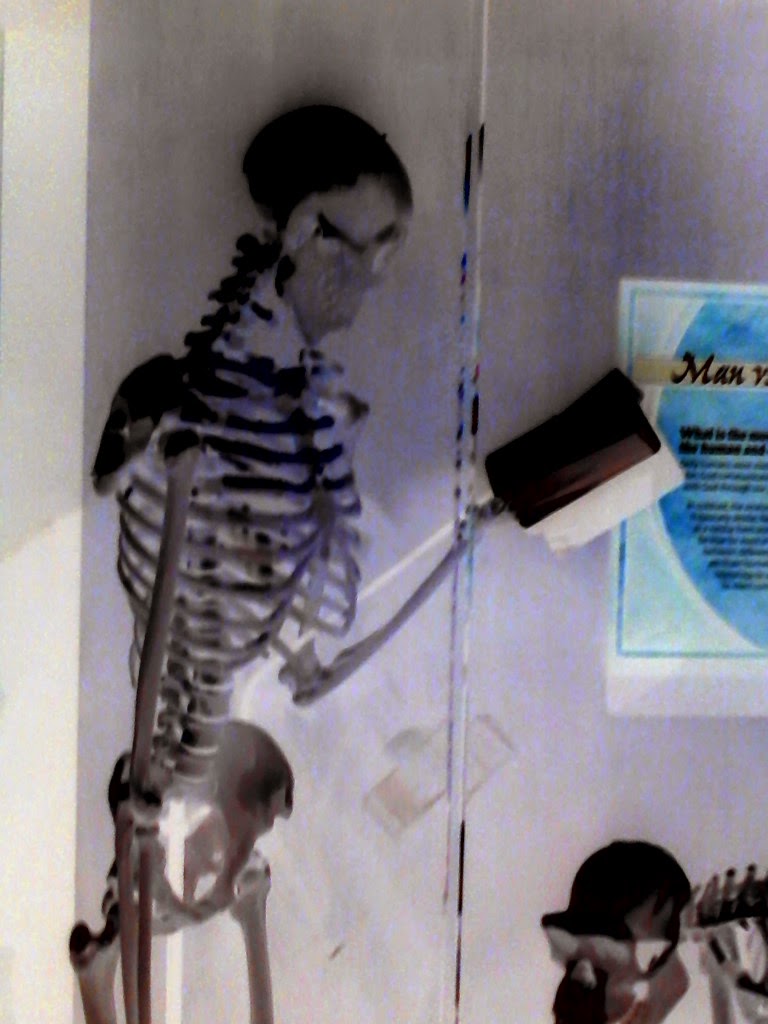Peter was acquainted with suffering in a few categories; one sort was “reproach.” He speaks of the particulars in his first epistle, chapter 4. In verse 14 we read, “If ye be reproached (defamed) for the name of Christ, happy (extremely blessed) are ye; for the spirit of glory and of God resteth (continues to repose), upon you. Alford says, “There being nothing so much as breaks noble minds.” He is referring to reprimand of character. Peter was a character and a strong-willed one. He was boisterous and proud. As pride precedes a fall, Peter demonstrated this principle by his walk-on-water spill, his rebuke by Jesus in Matthew 16, and eventually by his three-time denial. Unbeknownst to Peter, beforehand was God’s mighty hand of resistance. Why? Because private reputation retention is not popular with; well, it’s hated by The Father in heaven, is why. Nevertheless, years later Peter writes epistles as…
Category: <span>Suffering</span>
When a loved one dies, immediately impressed upon the survivors are many things. awakened is the sense that life can be interrupted abruptly . the awakening of a higher truth is divulged. awakened to resentment at the crassness of people’s handling of your loved one’s passing. More than just superficially acknowledged, these new awakenings are circulated in the collection of soul depth. In every man exists a repository for the efficient operation of simple believing. Impulse, impression, and projection are ideas associated with this place. Things are conceived here and thoughts take on form from what is in there. This area of the brain operates involuntarily and has no moral filters. It can be called “unconscious.” Notion, perception, conception, modeling and theory work here. They fight to exist as one hypothesis may contradict another. What dominates in this belief emporium are those concepts that combine to form a system, a harmony, a…
Church in Hungary “Knowing this, that our old man is crucified with Christ that the body of sin might be destroyed, that henceforth we should not serve sin.” Is this the cross of your life or some other? If this one frames us, we know with the mind a once and forever done-by-another-for-me deal, (perfect passive indicative tense). The present tense “knowing” practically effects the destroying of the “The body of which sin has taken possession.” All of it enables me to not be a slave to sin. Jamison, Faucet, and Brown cite our new relationship with Christ and says: “The apostle now grows more definite and vivid in expressing the sin-destroying effectiveness of our union with the crucified Savior.” So that “all that we were in our old unregenerate condition, before union with Christ,” “was” crucified with Him. Henceforth, we are not in bondage to sin. So, we have…
Taken at creation museum in Kentucky “Hope happens when a person who has none gets some.” “Some what?” “Well, I figure that the firm impression leading them to believe that they will get some is the ‘some,’ for now, giving them hope.” “Oh?” “Well, more than a feeling, they have some kind of promissory indication.” “That helps, but who is doing the promising? Are they trustworthy?” “Must be, or no hope happens.” “Are they able?” “They must be that too.” “Can a random event mess up the promise, even though a person is true and strong?” “I guess.” “I suppose we need a promise from one who is faithful, powerful and above all circumstances to bring hope.” “Like God?” “Yes, it must be God. Hope-giving phenomena relates to the helmet of salvation in Ephesians 6, but also to the helmet of the “hope of salvation” in Thessalonians 5:8. Martin Lloyd-Jones…
A Christian moves. The moves lie in the “from faith to faith,” “from glory to glory,” “from strength to strength” categories and require “grace for grace.” The path of the just shines more and more unto the perfect day, and “in thy light we see (more) light.” Line upon line we learn; and precept upon precept. Job, in chapter 29 was found in a lament. Apparently, he was an amazing man of patience and ministry having a sense of God moving with him at all times. When we read this chapter we are astounded at the level of maturity he had. Nevertheless, it was all ended now; a grief and grieving was all that remained. Job was about to experience an identity crisis though dying was still more on his preferred horizon. It dawned on me while reading this portion how often this very thing occurs for us believers, in…
“One thing we know about our panic —we own it.”“What else?”“We are directing it.”“Really?”“Yes, it receives its cues from us in various ways —weakening, strengthening, ebbing, and flowing at our unconscious movements.”“Tell me more.” “It thrives on attention!” In a word from Viktor Frankl he teaches: “a university student complained about being anxious with regard to an oral report to be given —let us say –on Friday. I advised him to take his appointment calendar and to write on every page of the week, with large letters, the word ‘ANXIETY.’ As it were —I asked him to plan for an anxious week. He was much relieved after doing this because now he was suffering from anxiety only, but not from anxiety about anxiety.” “Pressure induces counter-pressure, and counter-pressure, in turn, increases pressure” —another Frankl quote. Let’s reflect: This above example of “paradoxical intention” does what? It relieves a person from…
“Those who do not know how to weep with their whole heart don’t know how to laugh either.” Golda Meir When men or women cry there starts a chemical release which has been observed and documented by professionals. Apparently only certain substances comprise tears and their flow alters a person’s physiology in a refreshing. “…weeping is an excretory process which removes toxic substances that normally build up during emotional stress.” “… tears of stress reduced the bodies manganese level, a mineral which affects mood and is found in up to 30 times greater concentration in tears than in blood stream.” “…emotional tears contain 24% higher albumin protein concentration than eye irritants.” These quotes were borrowed from Pancreatic Cancer Journey.com. This “tear” talk reminds us of the ways of old-school Bible psychologists who cited bodily functions and organs as corresponding to certain actions of the soul. In their repertoire are head,…
Sometimes God uses people to test our faith. Circumstances are difficult but nothing like the pure unadulterated face to face, heart to heart, psyche to psyche, flesh to flesh, hair raise. We need some skills, the main ones being; bullet biting, crow eating, cheek turning, appearance avoiding thereof, and downright Biblical longsuffering. Without these our faith shipwrecks quickly, truth fails, equity stands afar off. On the more serious side, it’s the shed blood of Christ, a Lamb without spot, which does the essential cleansing needed. Why needed? That blood cleanses away defilement of sin, sins, and also the mere interaction with “world” as God understands it. This Cosmos, this whole earth, lies in the hands of the wicked one as conveyed in 1John 5:19. For this reason, we find that Jesus, dying for the sins of men, nevertheless, did not put His trust in men, John 2:24 We likewise must not esteem…
For this reason, before the first Passover, God told Moses, “When I see the blood I will pass over you” (Exodus 12:13). The children of Israel were told to apply the blood of the passover lamb to top of the door and on the twodoorposts—a picture of the mind, emotions and will being cleansed.Now, that subjective part has a new opportunity because God doesn’t remember sins. More than that, God’s mercy takes care of theeffects of what other people have done. He removes the effects of all sin. His vicarious death, burial, and resurrection, with the Holy Spirit’spower of cleansing, all work together to purge me and take away the sin, plunging it forever into the sea of God’s forgetfulness. Dr Carl Stevens Ever notice how we have the ability to make words mean something shallow, deep, hollow, trite or weighty etc.? We can use our…
But I shall give less thought to the future, I shall work in the present. I feel such work is within my power. For I only succeed in small things, and when I am tried by anxiety, I am bound to say it is the small joys that release me. – Georges Bernanos, Every tomorrow has two handles. We can take hold of it with the handle of anxiety or the handle of faith. – Henry Ward Beecher, All of the great leaders have had one characteristic in common: it was the willingness to confront unequivocally the major anxiety of their people in their time. This, and not much else, is the essence of leadership. – John Kenneth Galbraith, Anxiety anxiety, anxiety, where do you hide? With the dead? —no, with the living. Aha, these fear to die —no they fear to live. What is the cause? It is a mystery;…









